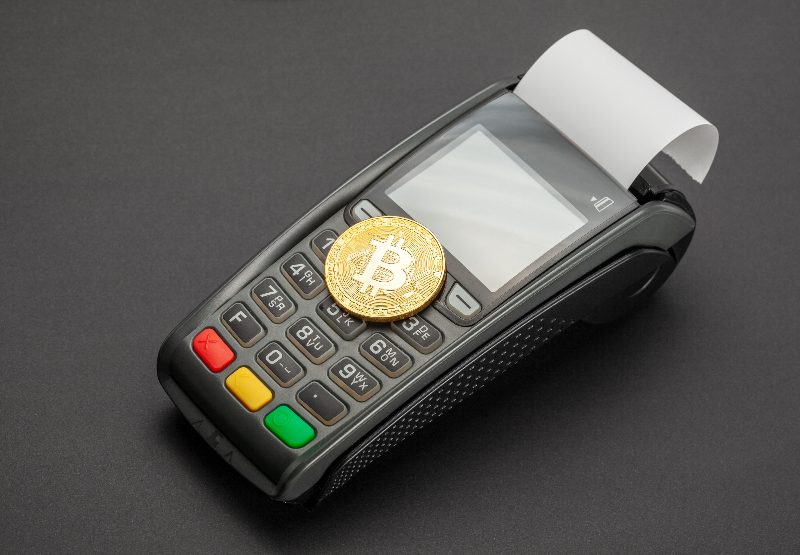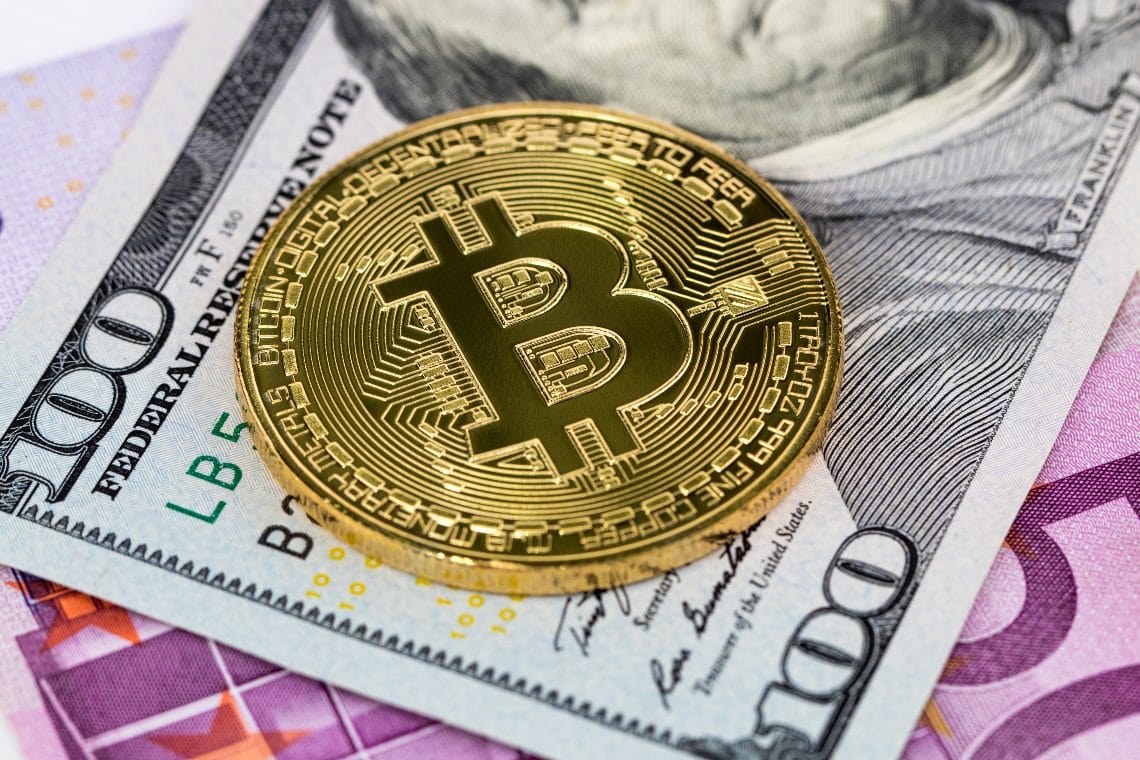The end of fiat currencies is inevitable, to be replaced by digital currencies. Banks and traditional finance have no choice but to be ready and embrace the change.
This is a very common sentiment among members of the financial services industry.
Deloitte attested to this in a recent survey, but it is worth going deeper and understanding how it will happen.
Summary
How digital currencies will replace fiat currencies
Deloitte‘s survey certified that the majority of people in the financial industry (76%) are fairly certain that in 5 to 10 years’ time, digital assets will replace money as we know it today. The number of pioneers who believe in this hypothesis is as high as 94%.
While waiting for this to happen, the industry is changing considerably, offering services related to digital currencies.
It is no coincidence that 45% of survey respondents say they will offer digital asset custody services. 42% are ready to evolve towards new payment channels. In addition, 41% of respondents will embrace this digital revolution by diversifying their investment portfolios.
Custody of digital assets
The most obvious concern for those in the financial solutions business is to provide custody of digital assets. This is where the paradigm shift lies because the industry is being called upon to provide something that was not there before, which requires new infrastructures and new procedures.
Banks in particular are called upon to make this effort. Banks are having to compete with crypto exchanges, wallets and more, and if they are not to be left behind, they will have to offer cryptocurrency services that make the user feel satisfied and secure.

Payment systems are changing
Players in the financial industry are aware that the real revolution in cryptocurrencies and digital assets as a whole is primarily linked to how payment systems are changing. This is particularly evident in cross-border payments.
While $2 trillion in fees were recorded on this front in 2020, according to Deloitte with the advent of digital assets these costs will go down.
It is likely that these services will become free or with negligible commission costs. And above all, they will arrive outside the traditional banking system, directly between sender and recipient.
The role of banks
In this scenario, banks certainly cannot stand idly by. Deloitte notes, in fact, that banks are among the largest depositaries of patent applications for technologies related to digital assets and blockchain.
This indicates that banks are exploring new frontiers and are putting themselves at risk to respond to the demands of their users. But it is not just a matter of adapting passively: banks are understanding that new opportunities can arise from blockchain.
All of this will be determined by the laws that are made to regulate the sector, although the financial world seems optimistic in this regard. There is also the security factor.
But according to Deloitte, the path is set:
“Banks have no choice but to embrace change. Participation in the age of digital assets is not an option – it is inevitable. Leaders are left only to decide how and when their organization should start – and how to use digital assets and the new global financial service infrastructure to their greatest advantage”.



